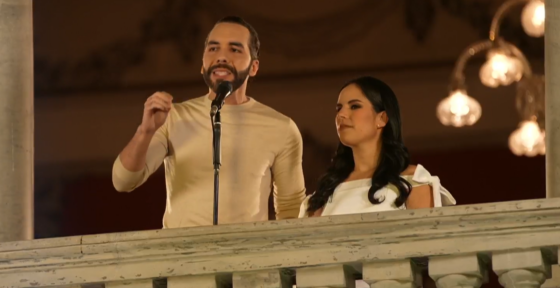
What Will Bukele’s Second Term Mean for El Salvador?
A Latin America Advisor Q&A featuring experts’ views on what President Nayib Bukele’s second term will mean for El Salvador.
A Latin America Advisor Q&A featuring experts’ views on what President Nayib Bukele’s second term will mean for El Salvador.
A Latin America Advisor Q&A featuring experts’ views on the state of elections in Venezuela in 2024.
Experts views on the delayed inauguration President Arévalo in Guatemala.
In Latin America, trust in democracy takes two paths: Good Governance, meeting citizens’ expectations under the rule of law, and Populism, where a leader perceived as a savior, centralizes power to deliver on promises. This finding was among the key insights revealed during the highly anticipated launch of the 2023 AmericasBarometer.
A Latin America Advisor Q&A featuring experts’ views on the biggest stories to watch for in the region in 2024.
A Latin America Advisor Q&A featuring experts’ views on the presidential elections in Argentina.
A Latin America Advisor Q&A featuring experts’ views on the legacy of Mexico’s president.
A Latin America Advisor Q&A featuring experts’ views on the presidential elections in Venezuela.
A Latin America Advisor Q&A featuring experts’ views on the presidential elections in Ecuador.
Amid Venezuela’s crisis and the upcoming 2024 presidential elections, a potential opportunity for a democratic transition may emerge. The escalating authoritarianism, human rights abuses, and dire humanitarian situation underscore the critical importance of addressing these challenges while also identifying opportunities for transition to occur.
A Latin America Advisor Q&A featuring experts’ views on the mayoral elections in Mexico City.
As Venezuela’s presidential elections, scheduled for 2024, draw closer, the international community’s attention is primarily focused on how to use leverage to ensure minimal electoral conditions. US high-level officials have publicly said they would ease some of the economic and political sanctions imposed on the country in exchange for meaningful concessions by Nicolas Maduro’s government, and there is clearly an ongoing back channel between US and Venezuelan authorities along these lines. While this discussion is essential, it often overshadows a vital aspect of the conversation—the plan for what comes next. No transition of power is possible without a clear path forward after election day.
A Latin America Advisor Q&A featuring experts’ views on the presidential elections in Argentina.
In Latin America today, traditional coups are no longer the biggest threat to liberal democracy. More perilous are democratically elected leaders who, once in power, deliberately and gradually undermine basic guarantees, such as judicial autonomy, electoral integrity, independent press work and free expression.
Tamara Taraciuk Broner, directora del Programa Peter D. Bell sobre Estado de Derecho del Diálogo Interamericano, conversó con la Radio Pichincha en Ecuador sobre el contexto en el cual se dieron las elecciones el 20 de agosto, incluyendo los incidentes de violencia política y el agravamiento de la situación de inseguridad en el país.
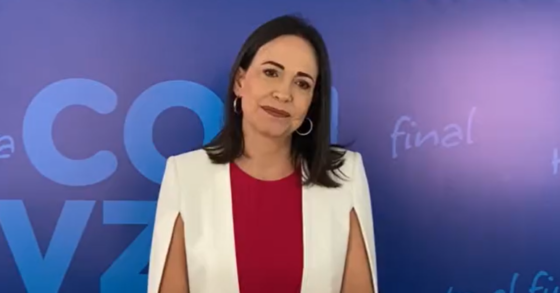
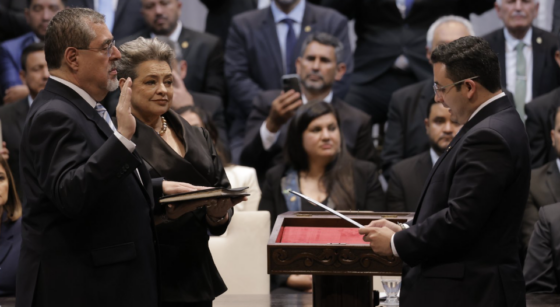
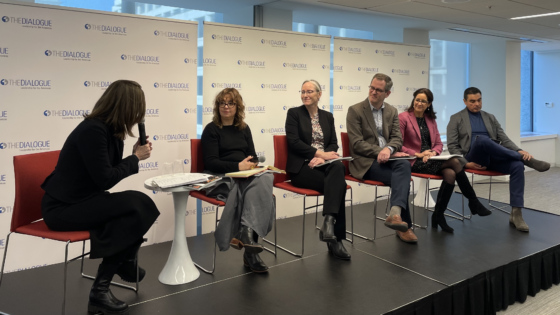 Video
Video
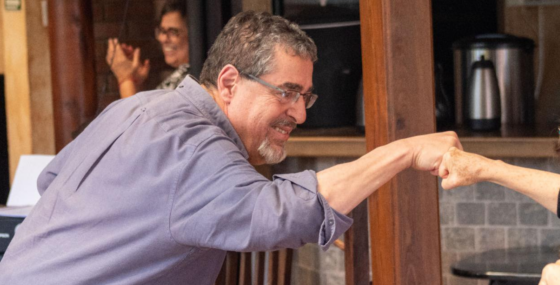

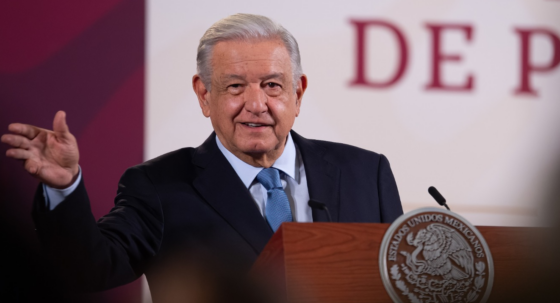
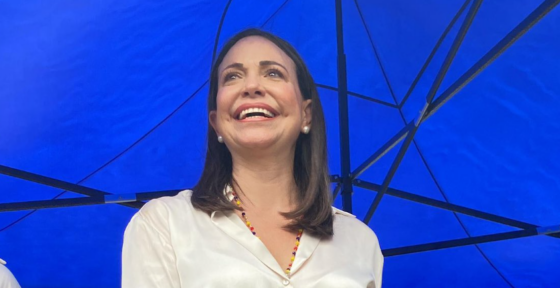
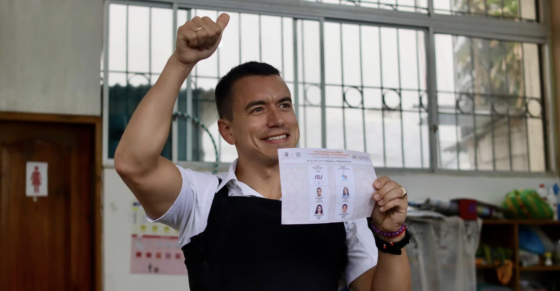
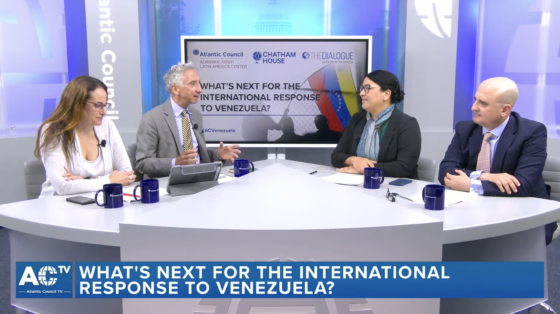 Video
Video
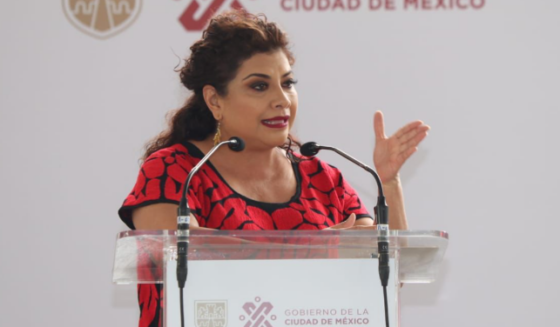
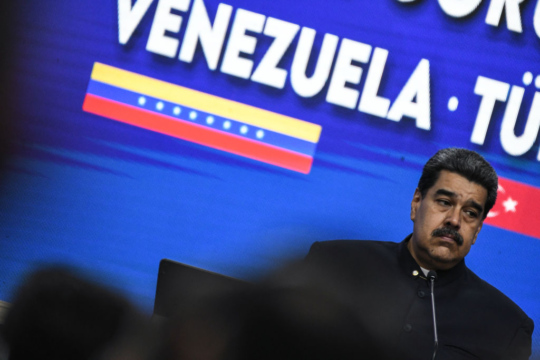
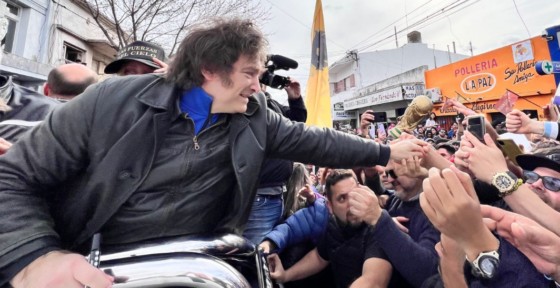
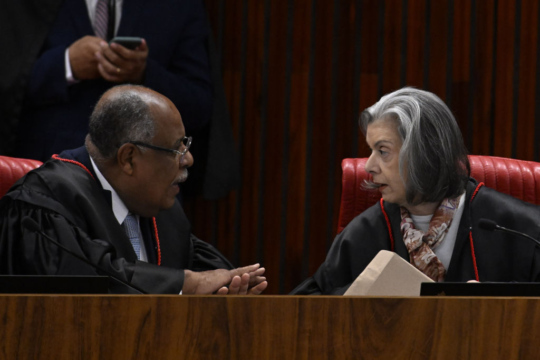
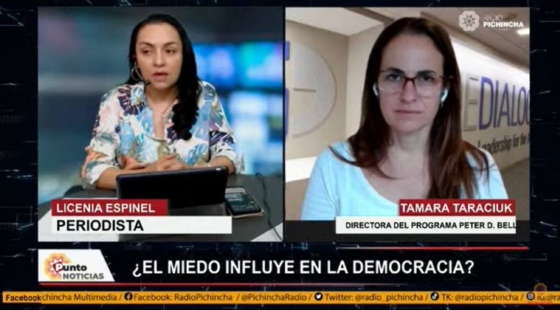 Video
Video